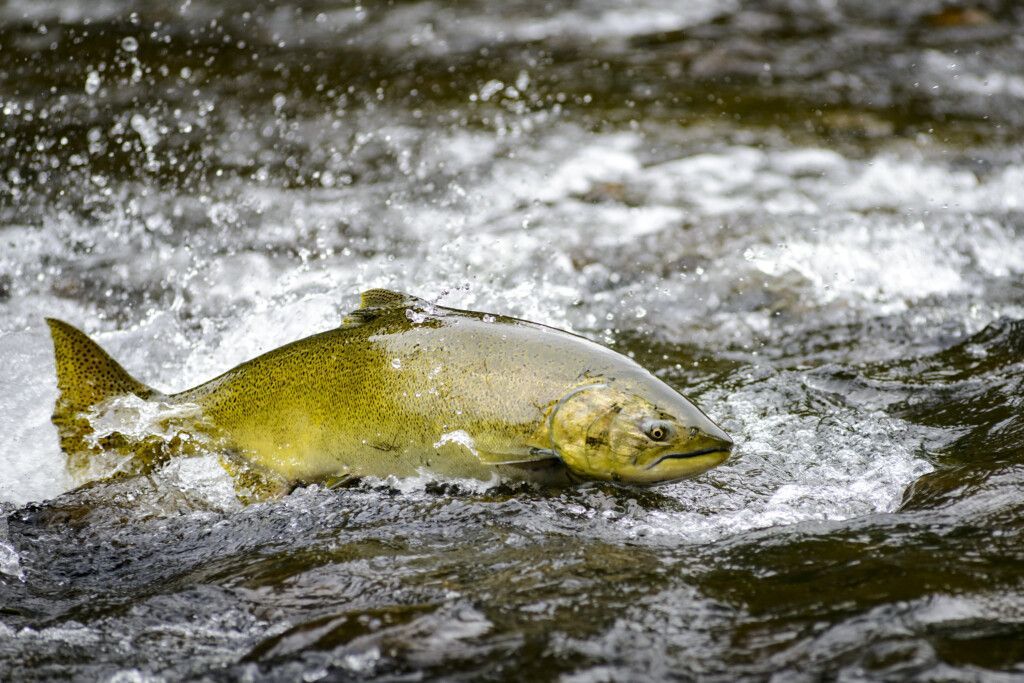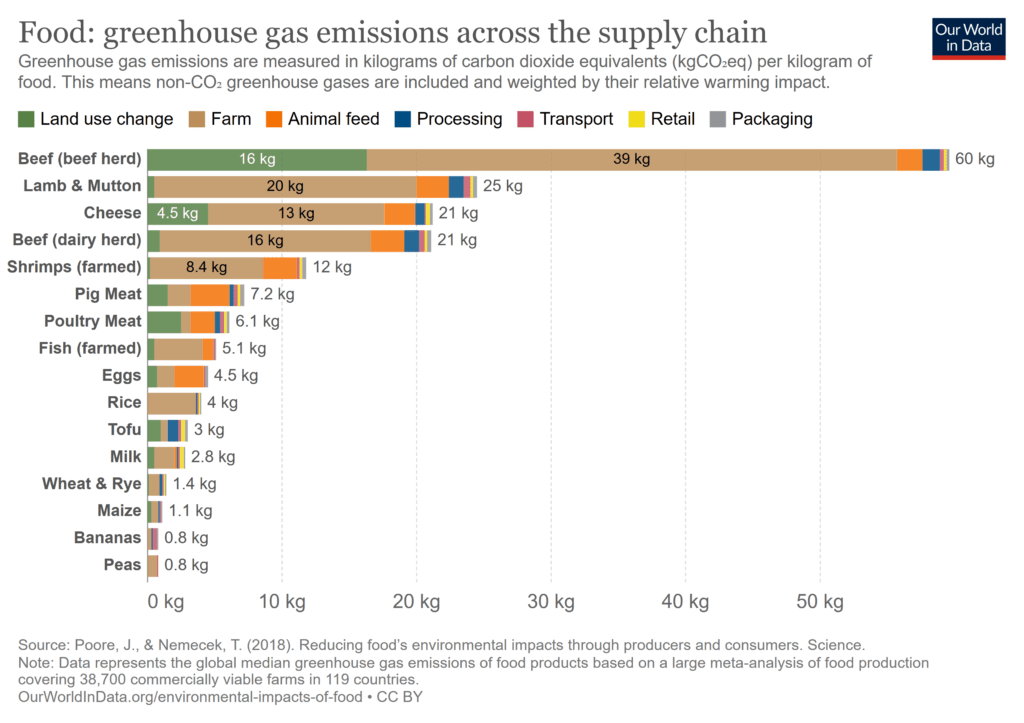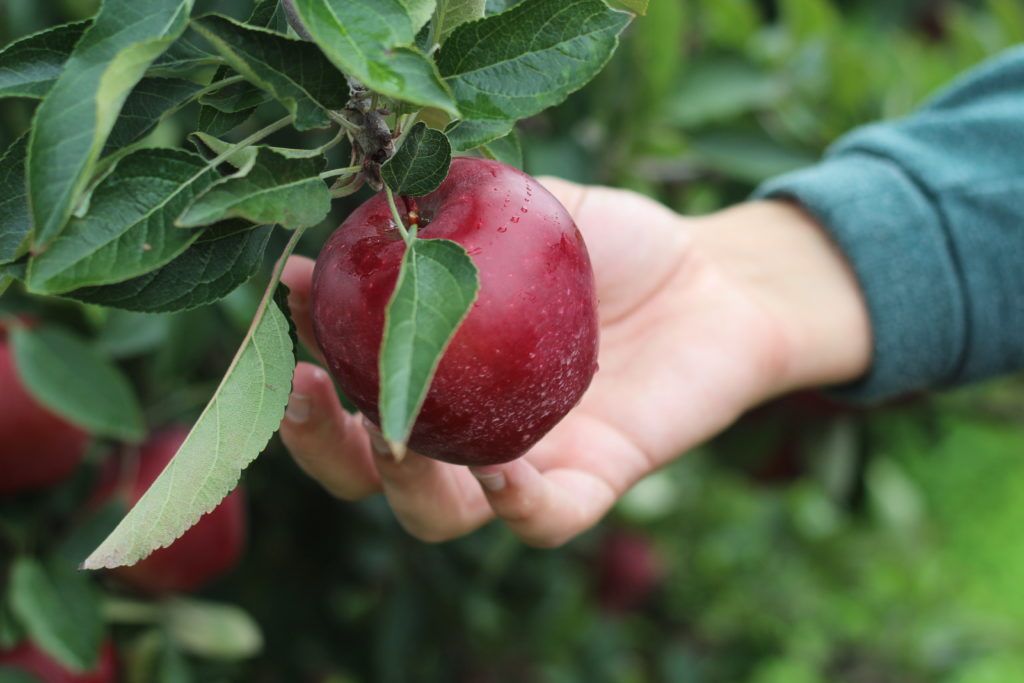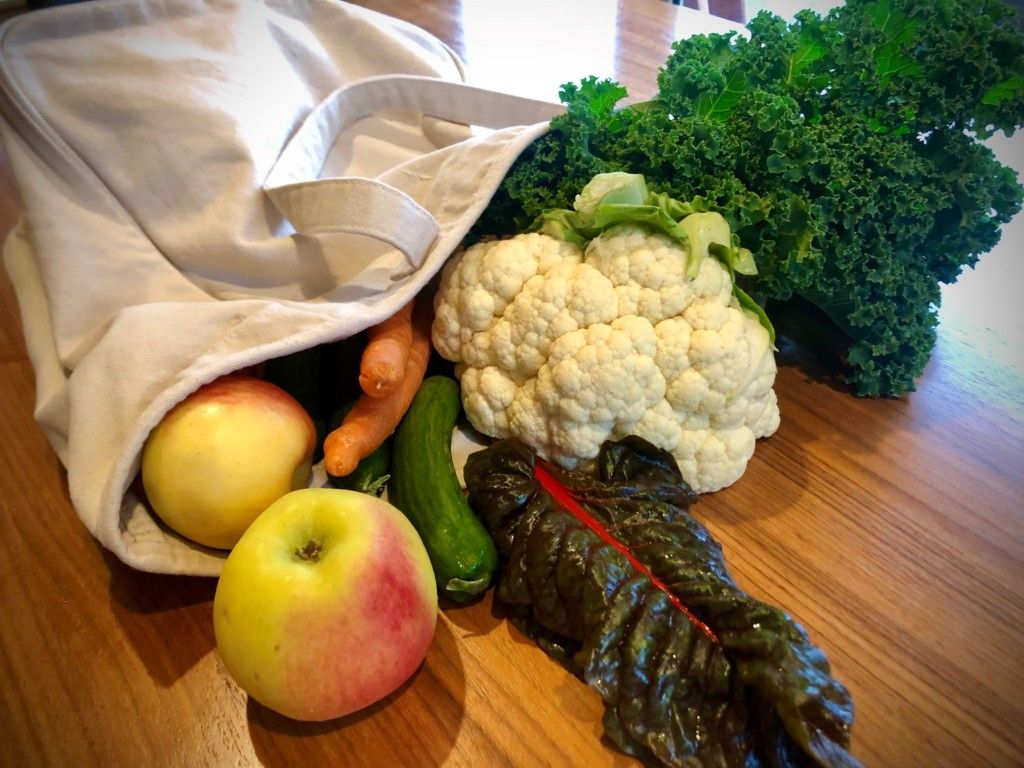Habitat loss occurs when lands are cleared to grow our foods, and air and water can be polluted by chemicals and nutrients used as pesticides and fertilizers. Adding insult to injury, about a third of all food produced is wasted. We all need to eat, but we must do so in a way that reduces the impacts.

Taking steps to minimize the impact of what you eat helps to reduce your carbon footprint which helps to flight climate change – one of the most significant threats to Pacific salmon.
All food are not created equal as far as a carbon footprint is concerned.
The most significant thing you can do to reduce the carbon emissions associated with the food you eat is to eat less meat and animal products, especially red meats and cheese. Because cows produce methane as part of their digestion process, beef and dairy have some of the highest greenhouse gas emissions. Learn more about why certain foods have a greater impact and about the carbon footprint of different foods.

If everyone takes the simple small step of committing to a day each week that you don't consume meat, it can make a difference. Here are some recipe inspirations from Bon Appétit for your meatless Mondays (and Tuesdays, Wednesdays… if you are so inclined).
Another way to reduce the carbon footprint is to eat local. Transporting food around the globe adds to its carbon footprint. Try to source food near where you live. It is great for your local economy and community and better for the environment (try the 100-mile diet). A great way to eat local is shop at a nearby BC farmer’s market. The map below links to an interactive map to help you one near you.


You can eat local and support community farmers by joining a local Community Supported Agriculture (CSA) group and signing up for CSA boxes. Find one in your area, here is a list of some on Vancouver Island.
Eating local also means eating with the season. Stick with BC apples and pears in winter and skip the summer fruit that has been brought in from the southern hemisphere. Our BC peaches and strawberries will be that much sweeter when you have been waiting for them!
Food waste is a major problem. Here's some food for thought: ending global food waste could reduce greenhouse gas emissions by 6-8%, and the average Canadian household spends over $1700 on food that is wasted each year. If that motivates you to reduce the food wasted in your home, here are some tips and suggestions.
Photo credit: Maria Cantanzaro, Nicole Christiansen